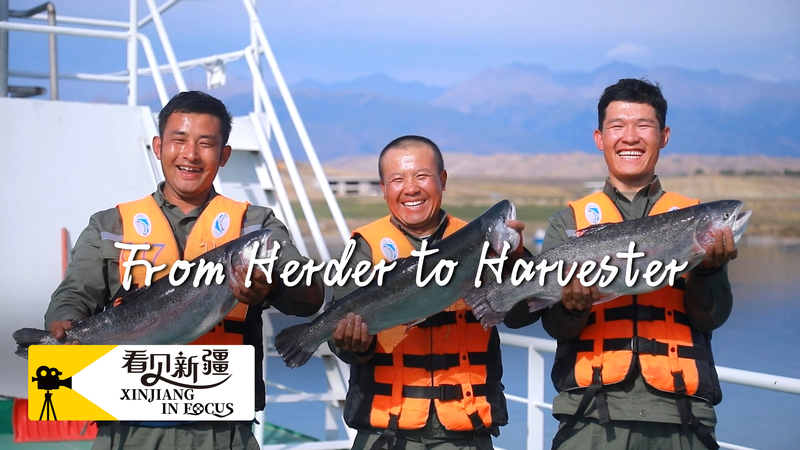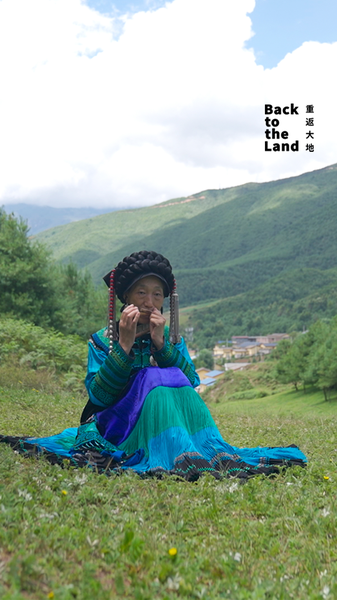Hidden deep in the heart of Eurasia, the Xinjiang region—thousands of kilometers from the nearest sea—is making waves as an unexpected salmon farming hotspot. At the Jilintai Reservoir northwest of Nilka County, sparkling meltwater from the Tianshan Mountains keeps temperatures consistently cool, creating an ideal environment for cold-water fish.
In 2021, an organic agriculture company launched a pilot salmon farming project here, sparking a fresh growth point for the local economy. What began as an experimental pond has quickly expanded into a full-scale aquaculture base, drawing interest from investors and food markets across the region.
Among the early adopters is Ayhen Baghdaulet, a former herder who embraced the opportunity to learn salmon cultivation from the ground up. He swapped his herd for hatcheries, mastering egg incubation, smolt rearing, and harvesting techniques. Over time, Ayhen’s income has climbed steadily, and he’s discovered new skills and a deeper sense of purpose in his work.
Today, the farm produces thousands of salmon annually, supplying fresh fish to restaurants and retailers far beyond Xinjiang. For young entrepreneurs and tech enthusiasts, this inland aquaculture success highlights how data-driven water management and organic practices can unlock value in unexpected places.
As global demand for sustainable protein rises and communities seek new engines of growth, Xinjiang’s salmon story offers a replicable model of innovation meeting tradition. Travelers and digital nomads may soon chart ecotours around Jilintai, turning this remote reservoir into an immersive learning destination.
From herding on mountain steppes to harvesting salmon in high-tech pens, life in Xinjiang is transforming—one cold-water fish at a time.
Reference(s):
From herder to harvester: Xinjiang salmon fishing makes a splash
cgtn.com




